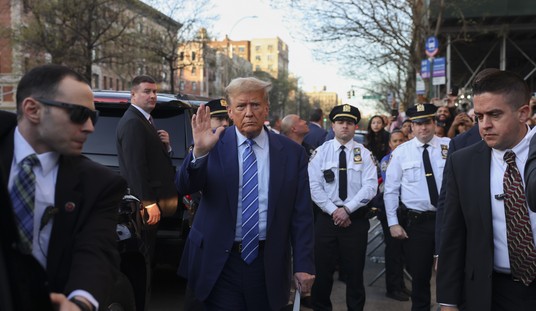In President Obama’s 2011 State of the Union speech, he laid down an ambitious goal:
“We can replace our dependence on oil with biofuels and become the first country to have a million electric vehicles on the road by 2015” Obama said in January 2011.
CBS surveyed the market back in June and reported the bad news for Obama:
To get to one million, the White House pinned its hopes on 11 models of electric vehicles – including the Karma. Our CBS News investigation found that six of the 11 — Ford Focus, Ford Transit Connect, Fisker Nina/Atlantic, Tesla Model S, Tesla Roadster and Think City — either haven’t made their first delivery, stopped production, or are already out of business.
Others aren’t even close to the government’s 2015 projections. For example, 36,000 Fisker Karmas and 505,000 Chevy Volts were supposed to be made. But current projections slash the Karma’s 2015 number in half to 18,000 and put the Volt at one-eighth of the goal at 62,000.
[…]
When told about the CBS News projection that only 300,000 electric vehicles would be on the road instead of the proposed 1 million, the Energy Department’s David Sandalow said, “Well, let’s hope that we can move faster. And if we don’t hit that goal in 2015, let’s hit it in 2016.”
CBS News pointed out that the Energy Department hoped that Think City would produce 57,000 cars, but only built 263 and went out of business. Ford Transit Connect was supposed to make 4,200 vehicles, but only built 500 and filed for bankruptcy.
But, Sandalow reminded that there were some successes.
“General Motors sold more than 5,000 last year,” he said. “And so did Nissan. Around the world this industry is exploding. Innovation involves risks. Any type of new industry is going to encounter some successes and some failures.”
One would think that an “exploding” market would mean sales considerably more than 10,000 units a year for the two largest car makers on the planet. But you and I aren’t in government and math is obviously not their best subject.
So maybe this will be the year that EV’s really take off? Alas, the signs are not good:
Electric vehicles and plug-in electric hybrids are off to a tough start in January after a disappointing 2012.
General Motors Co., Toyota Motor Corp. and Nissan Motor Co. all reported much lower sales of EVs and plug-in hybrids in January over December, citing lower inventory and the decision of many customers to buy before the end of the tax year.
GM said sales of its plug-in hybrid Chevrolet Volt rose 89 percent to 1,140 over January 2012.
But that’s still much lower than recent months — including the 2,633 Volts sold in December. It’s the lowest number of Volts sold in a month since February 2012, when GM sold just 1,023.
GM spokeswoman Michele Malcho said low inventories in California crimped sales in January after a huge month in December. The company is working to replenish volume in California.
In total, California and Michigan account for 46 percent of Volt retail sales.
Toyota said January sales of the Prius plug-in fell from 1,361 in December to 874 in January.
Bill Fay, U.S. sales chief for the Toyota brand, said the company remains “very optimistic” about hybrid sales, which were up 45 percent in January. Fay said the company has “moderate expectations” for the plug-in.
Nissan said January 2013 Leaf EV sales fell 3.8 percent over 2012 to 650 — but fell by more than half over December’s 1,489 sold.
Remember, we’re talking about a goal of a million EV’s on the road by 2015. And GM is talking about a monthly total of 1140?
Never fear, however. Obama wants to pour another $4.7 billion into companies that have little chance of becoming profitable. That should be good for a couple of hundred more EV’s on the road. This is in addition to the tens of billions in taxpayer-backed loans and outright grants to companies who are now either out of business, or performing so far below expectations as to be a joke.
When government tasks itself to pick winners and losers in the market, they invariably choose incorrectly. Electric cars will eventually become a viable product when someone invents a battery that won’t have to be recharged every 50 miles. But that day is far away, and is being pushed back by government interference.









Join the conversation as a VIP Member